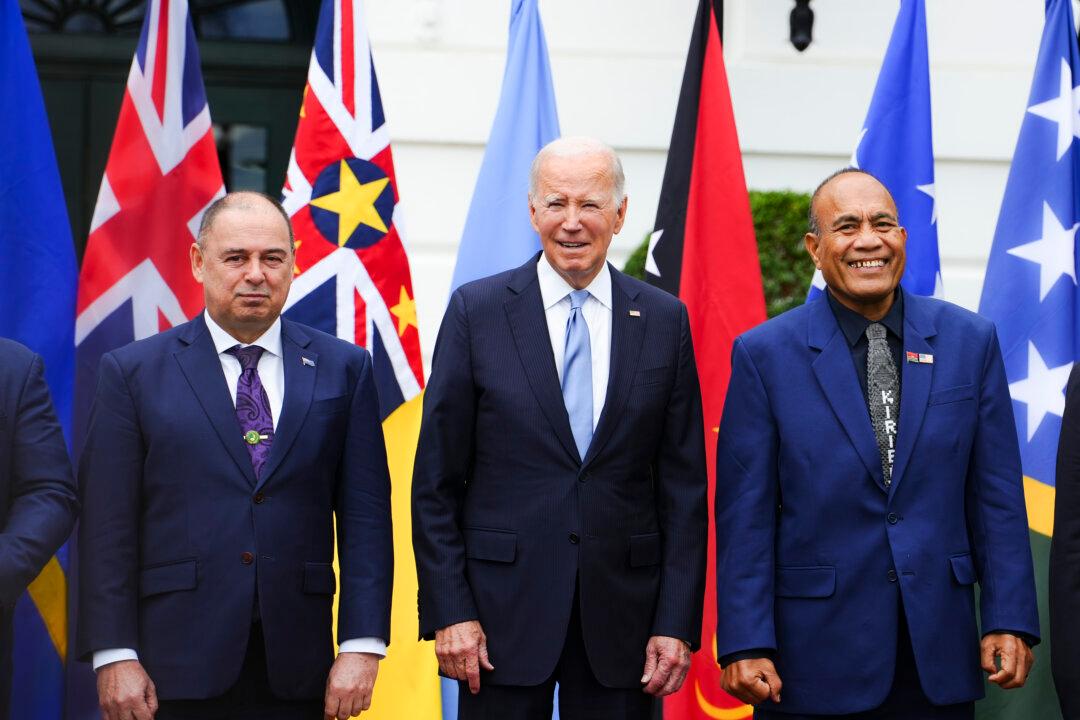The United States is establishing formal diplomatic relations with the Cook Islands and Niue as the independent island nations move to increase their influence across the Indo-Pacific, President Joe Biden announced on Sept. 25 during a meeting of the Pacific Islands Forum at the White House.
“Our objective is to build a better world. ... That starts with building better partnerships with each other,” President Biden said.




